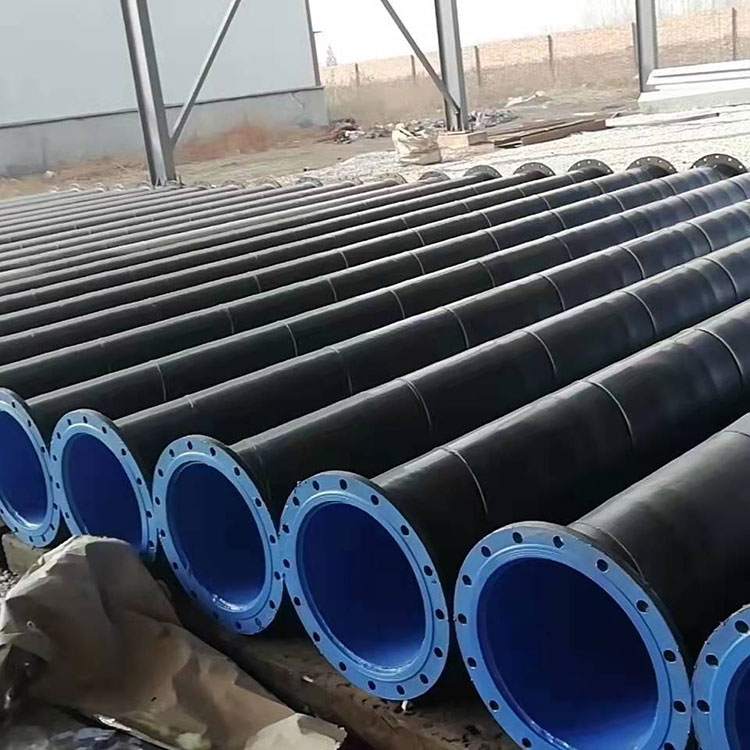The Recyclability of Steel Pipes and Its Environmental Benefits
2024-05-25
In today's world, the quest for sustainable solutions has become paramount. As we strive to reduce waste and minimize our impact on the environment, recycling has emerged as a crucial strategy. Among the various materials that can be recycled, steel pipes stand out as a prime example of the benefits that recycling can bring. Let's explore the recyclability of steel pipes and the environmental benefits they offer.
The Recyclability of Steel Pipes
Steel pipes are highly recyclable, making them a valuable resource in the circular economy. Once a steel pipe has served its purpose, it can be collected, sorted, and processed for reuse. The recycling process for steel pipes involves melting down the old pipes, purifying the steel, and then casting it into new products.
The recyclability of steel pipes is attributed to the properties of steel itself. Steel is a durable and versatile material that can be recycled indefinitely without losing its quality. This means that steel pipes can be recycled again and again, reducing the need for new production and minimizing waste.
Environmental Benefits of Recycling Steel Pipes
The environmental benefits of recycling steel pipes are numerous. Here are some of the key benefits:
Reduced Waste: By recycling steel pipes, we can significantly reduce the amount of waste sent to landfills. Landfills are not only a source of pollution but also occupy valuable land space. Recycling steel pipes helps to conserve land and minimize the environmental impact of waste.
Energy Savings: The recycling process for steel pipes requires significantly less energy than the production of new steel. In fact, recycling steel saves up to 74% of the energy required to produce new steel from ore. This reduction in energy consumption helps to lower greenhouse gas emissions and mitigate climate change.
Water Conservation: The production of new steel from ore requires a large amount of water, while recycling steel pipes requires significantly less. Recycling steel pipes helps to conserve water resources and reduce the strain on freshwater supplies.
Preservation of Natural Resources: By recycling steel pipes, we can preserve natural resources such as iron ore, limestone, and coal. These resources are finite and their extraction often has significant environmental impacts. Recycling steel pipes reduces the need for new mining and extraction, thus preserving these valuable resources.
Reduction in Air Pollution: The production of new steel generates emissions that contribute to air pollution. By recycling steel pipes, we can reduce these emissions and improve air quality.
Conclusion
In conclusion, steel pipes are highly recyclable and offer significant environmental benefits when recycled. By recycling steel pipes, we can reduce waste, save energy, conserve water, preserve natural resources, and reduce air pollution. As we continue to strive for a more sustainable future, recycling steel pipes is an important step in the right direction.



